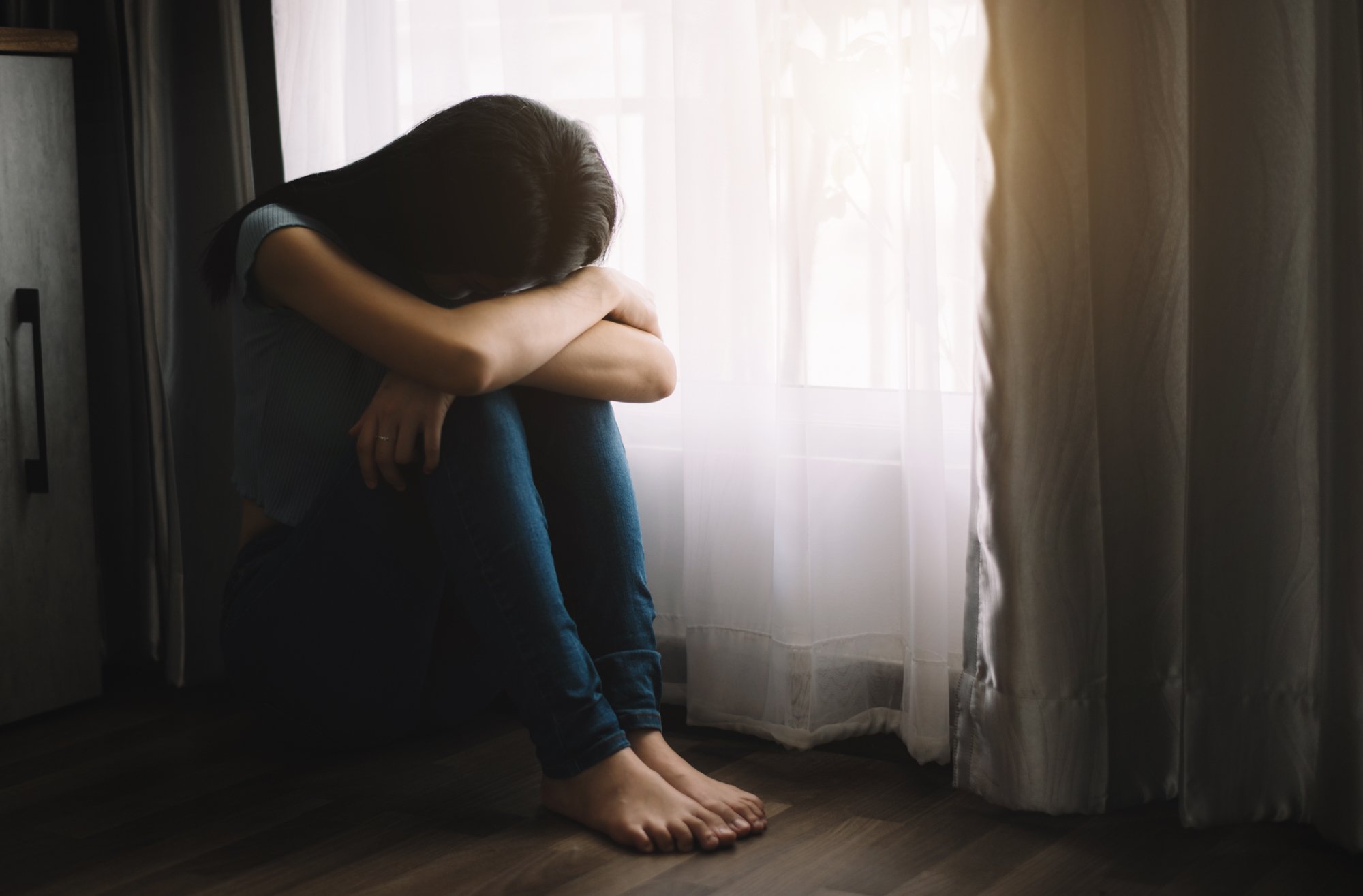
Signs and symptoms
Spotting the signs of an eating disorder isn’t always easy, but understanding what to look out for is a great first step
This page highlights common symptoms and eating behaviours linked to eating disorders, helping you recognise when something might be wrong and how to offer or find support.
Eating behaviour associated with eating disorders
It is not for us to tell you if you are struggling with eating disorder symptoms, but you might want to explore further if you:
Are finding yourself not wanting to eat, or wanting to eat and then be sick afterwards, or wanting to eat a lot of food, often in a binge (or any combination of these)
Are extremely picky about the food you will eat
Are thinking about food most of the time – whether you eat a lot or a little
Are using laxatives because you think they will stop you getting fat
Feel like you can’t change your food behaviour easily
Feel like your food behaviour helps you to cope with life
Have lost a lot of weight – or put on a lot of weight
Judge yourself by the numbers on the scales.
These are some typical eating disorder symptoms, but we are all different, of course. If you are at all worried, then the thing to do is talk to someone! It could be the first step you take towards recovery. Talk to a trusted friend, or your doctor.
You would be so welcome on a tastelife Recovery Course, where we have seen many people get their lives back, baby step by baby step.
Click below to find one:
Signs and symptoms to look for
It could be that your friend or family member has some eating issues if you notice that they:
Wear baggy clothes most of the time
Are refusing to eat and losing weight rapidly
Have disordered eating habits - sometimes known as chaotic eating
Are over-exercising and anxious about missing it
Don’t like eating with others
Are putting on weight and anxious around food
Are throwing away or hiding food
Are avoiding social occasions
Seem withdrawn or depressed, and have lost confidence
Have sore patches on the back of their fingers (from making themselves sick)
Regularly go the toilet straight after meals
Don’t want to talk about it!
These are a mixture of some typical symptoms from a variety of eating disorders. They can be difficult to spot, and are often carefully covered up. People who are struggling often feel a high level of shame and fear, so this is understandable.
Eating disorders also have implications for family dynamics, which can become extremely difficult
The emotionally unstable effects of guilt and frustration can have a devastating and disabling effect on family life. The person struggling may find it challenging to relate to other family members, and to friends as well. Social situations, like eating in front of people, are particularly painful, which means they can’t join in with normal social life. The consequence of this is they often become introverted and isolated because they don’t want to admit to themselves or anyone else what is going on.
Feeling scared and possibly ashamed, every activity outside the home can become an enormous trial. On the other hand, they may, on the surface, appear to be the life and soul of the party, but this is another way of not letting people in on the misery of their inner life. So not only is their relationship to food a struggle, but also their relationship with the world they live in, and the people they live with. This can result in the them feeling lonely, sad and trapped, and unable to taste life as a good thing.
Inevitably those around them become affected as well. Efforts to help the person struggling do not seem to work, and all seem caught in a vicious cycle of negative emotions.
And yet eating disorders seem to happen to the nicest people – people who are intelligent, friendly and caring; people with a longing for real life. They deserve the support they need to taste life again.



